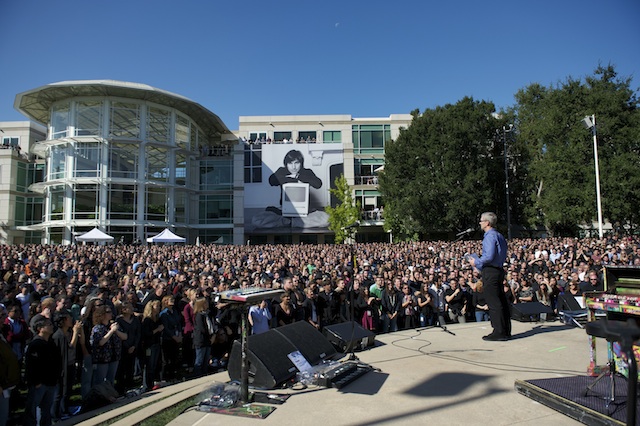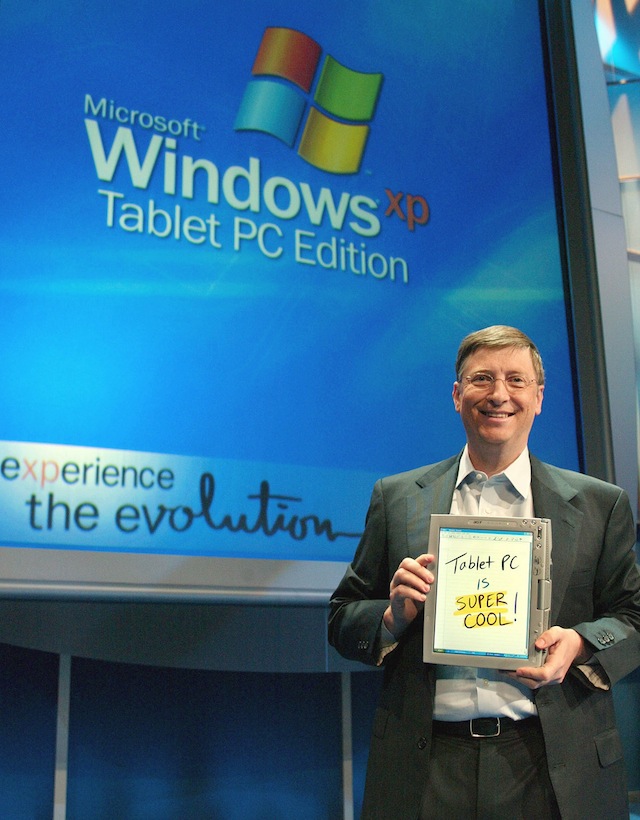When consulting group Gartner placed the Internet of Things at the peak of their hype cycle last month it raised concerns that the technologies might be about to take a tumble.
Speaking to Networked Globe this week in San Jose; Maciej Kranz, VP and GM of Cisco’s technology group described how he believes the IoT’s evolution from the top of the hype cycle to the plateau of acceptance will be quick.
“We’re happy that Gartner put IoT on top as it means there’s awareness,” said Kranz. “We hope to prove Gartner wrong, that in IoT we don’t go through the classic hype cycle we go from hype into reality.”
Kranz’s reasoning while the IoT will suffer a short spell, if any at all, in Gartner’s ‘trough of disillusionment’ is because the major industry players are working closely together to build the sector and its standards.
“Where we think it’s a little bit different from some of the other hype cycles than some of the other hype cycles is that we continue to work very close at the industry,” Kranz explained.
“Because we’re all working as an industry to make it real it will go through the disillusionment and quickly into a reality.”
This may well turn out to be true if the big players like Cisco and GE in the industrial space along with companies such as Google and Apple in the consumer sector stay committed to the concept. If the major vendors stay the course, then it’s likely IoT technologies won’t suffer much at all.
Another aspect in the IoT’s favour is that it isn’t really a specific technology or product at all, instead being more of a concept bought about by various technologies such as home automation, industrial controls and cloud computing all reaching maturity.
Rather than one separate item on the Gartner hype cycle, the IoT is really made of dozens of different technologies that are mostly on the ‘plateau of acceptance’ themselves.
Kranz sees Gartner’s listing of the company as being on the top of the hype cycle as being a vindication for how the IoT has been adopted by industry and the community, “it is remarkable how we’ve gone in the last nine months from people saying it’s a vision to n





